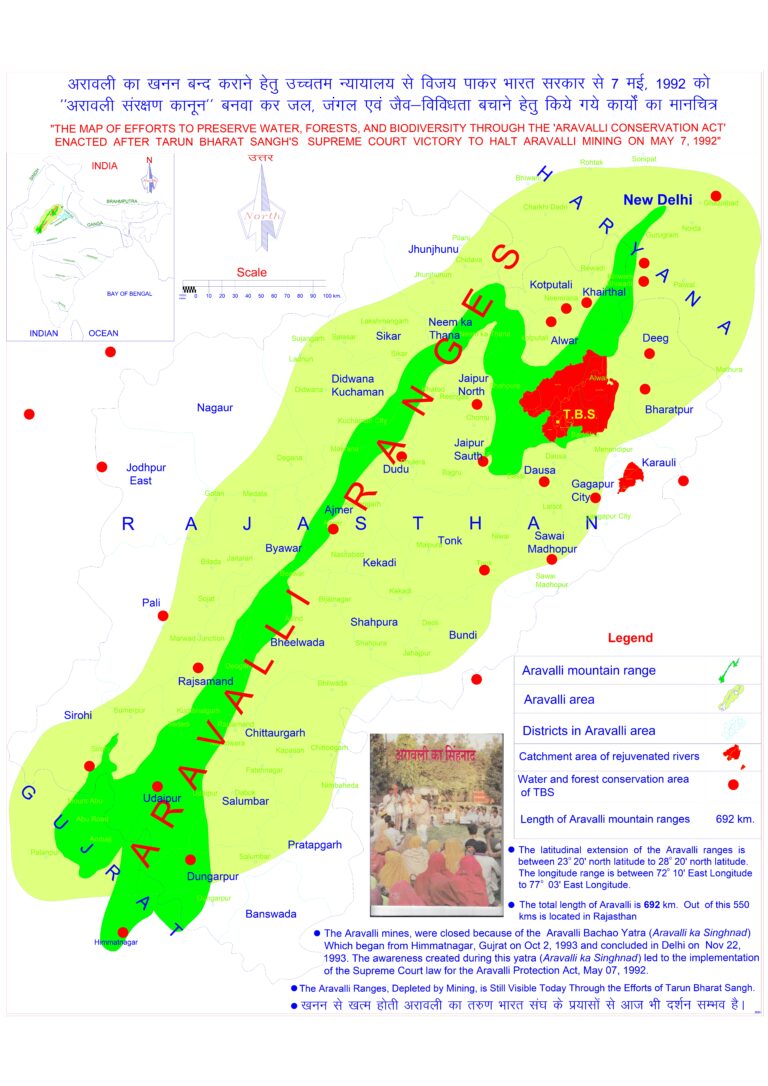
Rome : Agri-food systems transformation is urgently needed to get back on track towards the goal of eradicating hunger and malnutrition, the 49th session of the Committee on World Food Security (CFS) heard today.
According to the latest FAO estimates, the number of undernourished people in the world continues to rise. In 2020, up to 811 million people in the world went to bed hungry, whereas 2.4 billion people lacked year-round access to adequate food, and more than 3 billion people could not afford a healthy diet. The situation is further exacerbated by the ongoing COVID-19 pandemic, conflict, climate variabilities and extremes, and economic slowdowns.
In his address, Food and Agriculture Organization of the United Nations (FAO) Director-General, QU Dongyu, noted that the world is lagging behind the Sustainable Development Goal on eradicating hunger and malnutrition (SDG2), while calling for more integrated solutions.
“At FAO, we have already taken important actions to accelerate transformation towards more efficient, more inclusive, more resilient and more sustainable agri-food systems,” he said citing as an example FAO’s Hand-in-Hand Initiative, the COVID-19 Response and Recovery Program, and FAO’s new Strategic Framework 2022-2031 which aims to accelerate transformation at country level.
Also read: Climate resilient agri-food systems offer solution to environmental crises
However, the Director-General warned that these actions alone are not sufficient. He reminded the CFS delegates that the UN Food Systems Summit last month highlighted the inter-linkage of the challenges faced by the planet, its people and habitats. Given the complexity of challenges, it is crucial to establish and strengthen partnerships with all relevant actors for greater synergy, effectiveness and efficiency, Qu said.
In his address, the Director-General lauded CFS for its unique role as an inclusive global platform in transforming agri-food systems, ending hunger, and ensuring food security for all. The Committee has endorsed a major policy product called “Voluntary Guidelines on Food Systems and Nutrition” that provide guidance on aligning policies, laws, programmes and investment plans to address hunger and malnutrition in all its forms using a holistic agri-food systems lens.
And its High-Level Panel of Experts on Food Security and Nutrition the CFS provides valuable support for the science-policy interface, including through the “Youth Engagement and Employment in Agriculture and Food Systems” report and an Issues Paper on the impacts of COVID-19.
Furthermore, in line with the CFS Multi-Year Program of Work, the Committee will now focus on the important topic of Youth, Gender Equality and Women and Girls’ Empowerment, data, and inequalities.
-global bihari bureau





